Serbia year 2003 postage stamp Milan Obrenovic prince of Serbia MNH
🇷🇸 Serbia 2003 – Milan Obrenović Stamp
📮 Country: Serbia (issued when Serbia was part of the former state union (Yugoslavia / Serbia & Montenegro) but labeled as Serbia in many collector listings)
📅 Year of Issue: 2003
🎖️ Subject: Milan Obrenović — Prince of Serbia (1854 – 1901)
🖼️ Design & Theme:
- The stamp depicts Milan Obrenović, who became Prince of Serbia as a teenager and played a significant role in the country’s modernization and international standing in the late 19th century.
- This “famous people” style issue was part of Serbia’s 2003 annual stamp program, showcasing notable figures from Serbian history.
👑 Who Was Milan Obrenović?
- Milan Obrenović IV (born 1854) became Prince of Serbia in 1868 at age 14 and was a key figure in Serbia’s military and diplomatic efforts.
- In 1882, he elevated Serbia from a principality to a kingdom, taking the title King Milan I.
- His reign was marked by modernization efforts as well as political tensions, and he abdicated in 1889.
📌 Collecting Notes
- The 2003 Milan Obrenović stamp is considered a commemorative issue rather than a regular definitive issue.
- It’s typically found in mint never-hinged (MNH) condition through dealers and online listings.

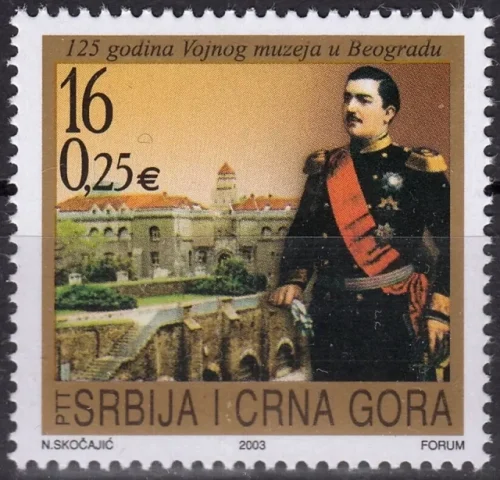
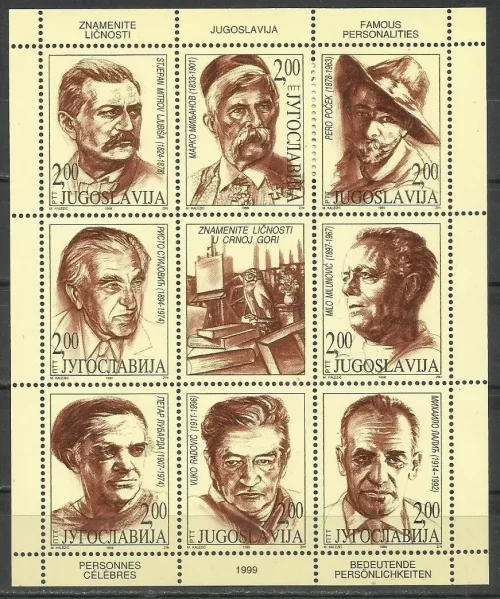


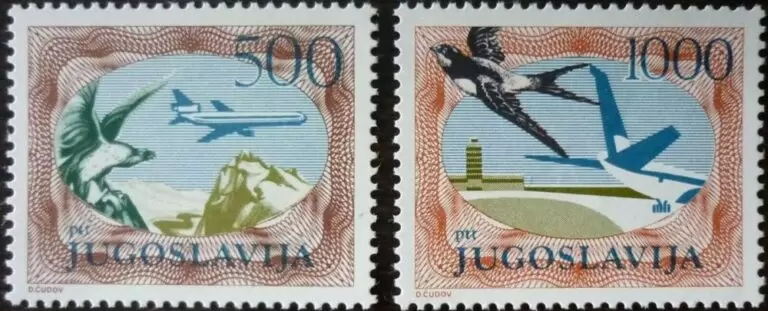
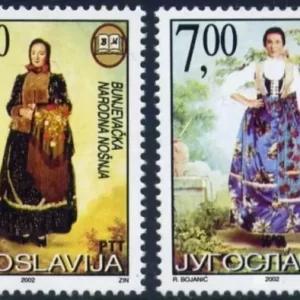

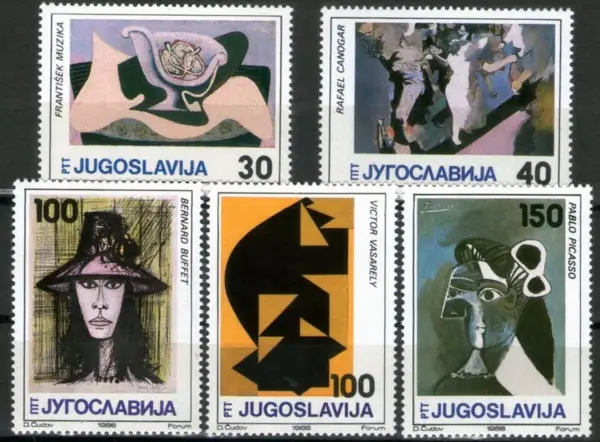
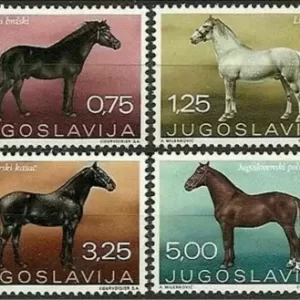
Reviews
There are no reviews yet.